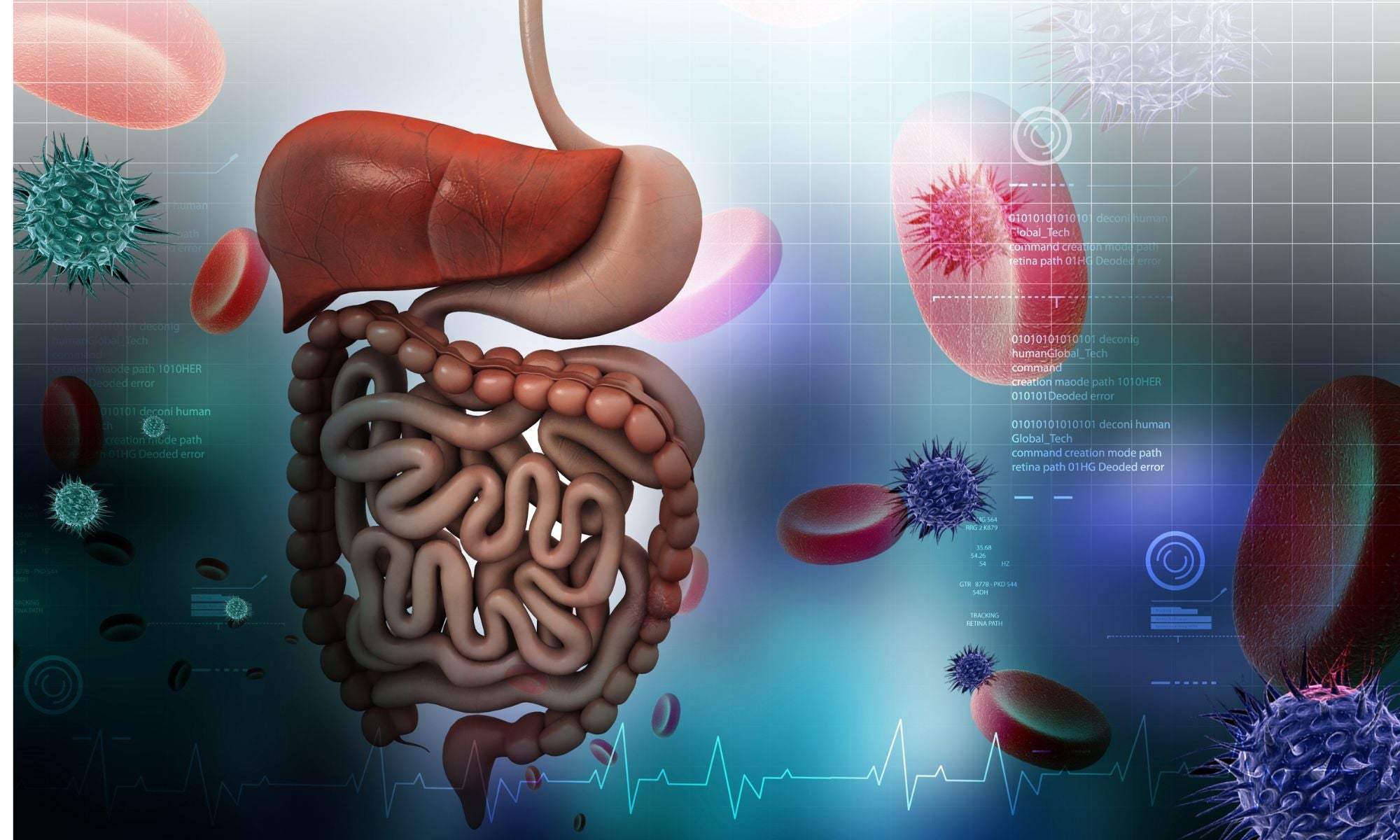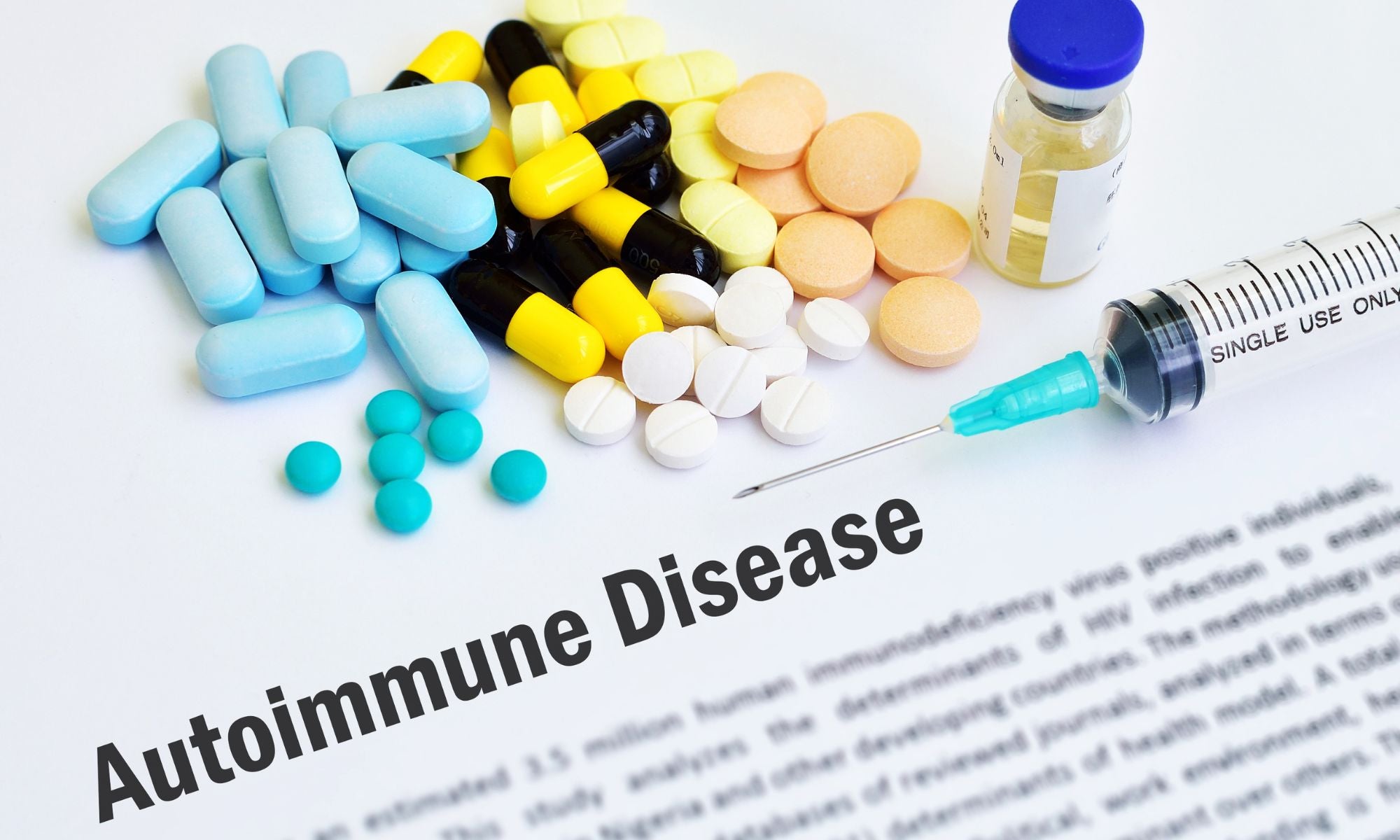
HOW TO TELL IF YOUR GUT ISN’T HEALTHY
Our gut is full of microorganisms, primarily bacteria that play a major role in food digestion. There are bad ones, but there are huge amounts of good ones that are entirely necessary for a healthy body. These microorganisms, called gut microbiome, aids with absorbing and synthesizing nutrients, and they also work to help with our metabolisms and our immune system.
They develop at a very early stage in our lives, some even say while we were inside our mother’s womb. The microbiomes inside our gut develop in different ways depending on a lot of factors such as our parent’s health, our daily habits (especially our diet), our living environment, intake of medications and our overall health condition. Highly stressful environment or situations may contribute to an unhealthy gut.

Signs of An Unhealthy Gut
Weight Changes
Losing and gaining weight without changing eating habits and exercise regimen. Weight changes may be caused by difficulty of absorption by the small intestines caused by SIBO or small intestine bacterial overgrowth. This can cause an impairment in the body’s ability to absorb nutrients. Weight gain on the other hand may be a symptom of other illnesses such as high blood pressure, fluid retention or inflammation.
Stomach Problems
An upset stomach may sometimes mean your gut isn’t healthy. These include indigestion, bloating, heartburn, gas pains and diarrhea. A healthy gut will experience minimal difficulty in digesting food and make you pass stools regularly.
Constant Fatigue
People who are always tired or feeling tired is a possible sign of an unhealthy gut. Irritable bowel syndrome may cause chronic fatigue and exhaustion.
Sugar Cravings
A diet high in sugar content is a likely cause of IBS. Sugary foods can cause a lot of bad bacteria to grow in the gut, which cause inflammation.
Skin Diseases
Certain skin conditions such as eczema, acne and psoriasis have been known to be linked to an imbalanced gut.
Autoimmune Problems
An unhealthy gut may trigger certain autoimmune conditions, specifically thyroid disorders and rheumatoid arthritis.
Mood Changes
There is a link between gut health and mental health. An unhealthy gut may cause depression and anxiety.
Food Intolerances
If you struggle to eat and digest certain kinds of food, you may be experiencing an imbalanced gut.
WHAT TO DO:
- Add more probiotics to your diet because they promote development of good bacteria.
If you don’t like to eat probiotics, consider using an enema with a solution that contains huge amounts of probiotics to cleanse your gut and relieve you of constipation.

- Avoid food that you cannot tolerate or cause you to have indigestion or bloating
- Drink lots of water
- Eat slowly and take time to chew your food well.
- Regular exercise
- Manage stress by indulging in different activities such as meditation, yoga, brisk walking, and other activities to relax yourself
- Don’t smoke.
- Make a diet plan so you know what you will be eating beforehand. This helps to avoid unnecessary and unhealthy food cravings.
- Consult a dietitian on what to eat to keep your gut balanced.
Overall, a lifestyle change is necessary in order to keep our guts healthy. As discussed, a healthy gut can lead to easier and stress-free living.












